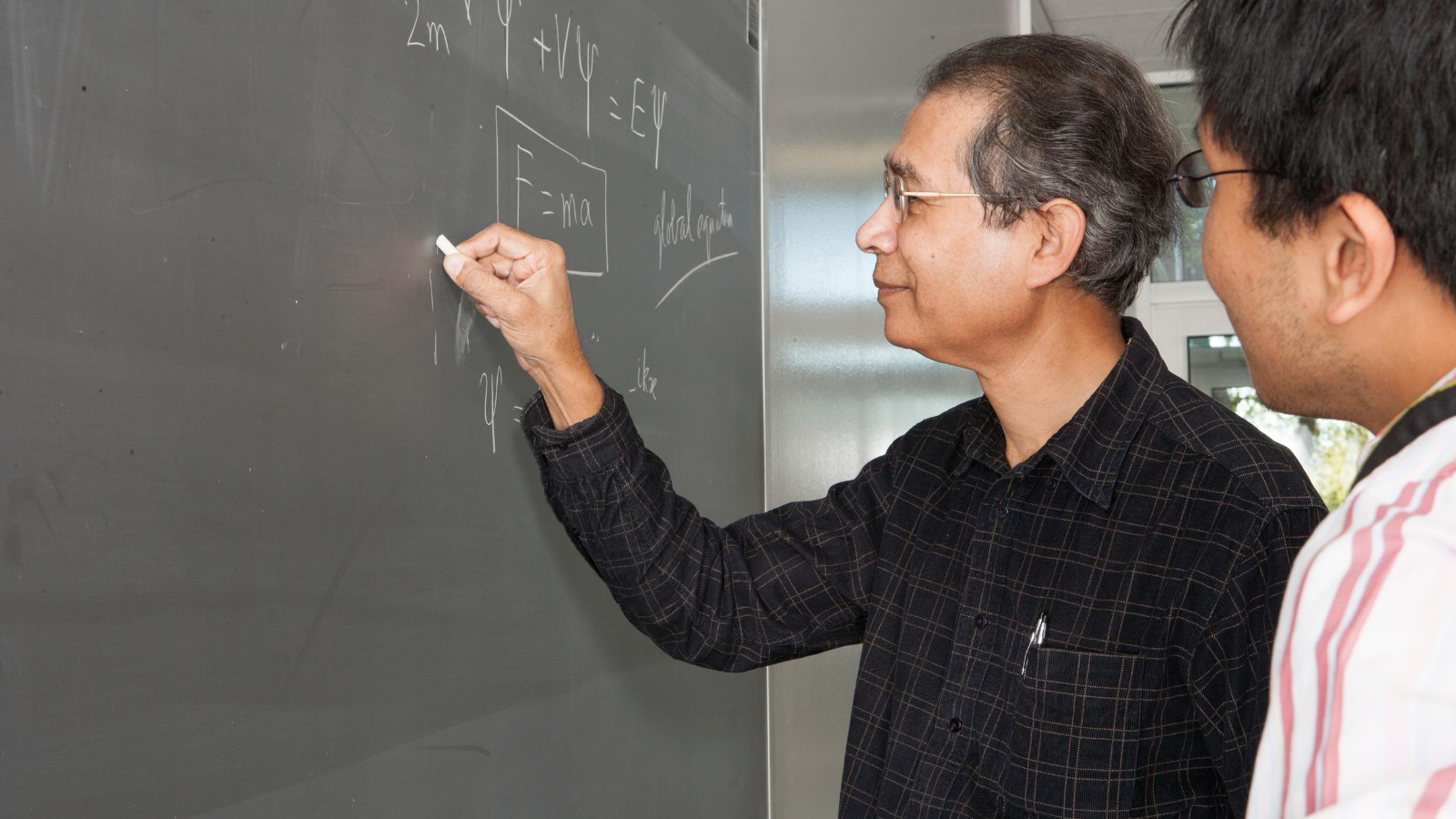Ten Things Effective Advisors Do Differently
Sept. 5, 2020, 3:07 p.m.

1. Ask for Help
Effective research advisors ask for help. Whether it is the topic of the paper, how to collect the data, or the statistical methodology effective advisors seek help early when they drift out of their own area of expertise.
The best research advisors do not claim to know everything. Rather, these advisors do everything you can to help the student - asking for expert advice if needed. Attempting to improvise when you don't know the answer will never help the student.

A situation where I have seen this raised in the past is with survey based research. Masters students in Disaster Medicine will frequently develop research designs focused on survey as this is often the only possible way to obtain information about disaster events. Effective advisors are honest with themselves and the student if they do not have education and experience in survey design. These researchers know that if neither the student nor advisor is experienced in survey design, they will undoubtedly face huge problems in the analysis and validation phase. Smart supervisors ask for help early.
2. Compromise on Scope - Not Quality
Effective researchers help the student to compromise on scope, and not quality. Student's often develop huge sweeping research ideas that cannot be reasonably answered in the time frame of their project. The best advisors help their students reduce the scope of the project and focus the research topic sharply. In the end, the student produces a very high quality on a very focused topic.
3. Keep in Touch
Effective advisors keep in close touch with the students. Remember that students often require guidance on one step before they can move on to the next. Not answering question can paralyze a students work pending your response.
Even when there will be a delay in the response to a question, conscientious advisors send a quick email back to the student informing them that there question has been received and advising them when to expect the complete response.
4. Focus on the Student's Goals
The best advisors focus on the student's goals. Not on their own goals. Not on what they believe the student should want. Not on performing the biggest possible study. Not on generating the greatest possible funding.
Effective advisors ask the student outright about their goals. Is the goal simply to pass the course? Does the student want to publish the manuscript? Are there specific career goals the student is trying to facilitate?
Intelligent advisors will also review at the onset what it will take to meet their goals. Simply reassuring students that most scientific hypothesis are false, and that a "negative" study will still permit them to pass their course can set the stage for a much more productive student-advisor relationship.
5. Say 'No' if They are Not the Best Fit
Skilful advisors are not afraid to say no. Especially when they are not the best fit for the project.
I have seen many talented and capable advisors decline to supervise a student simply because the research topic was outside the advisor's area of expertise. This is a great gift these advisors give in assuring that the student gets the best possible advisor for their project. Usually I see these advisors use their network to help find a more suitable advisor for the student's project. These advisors know that offering to assist in a research project where they are not the best choice of advisor is not a favour to the student but a hindrance.

6. Develop an Analysis Plan Before Data Collection
Like all good researchers, efficient advisors develop a statistical plan for the data analysis before any data is collected. Although it is always recommended that the statistical analysis be specified in full before data collection the consequences of not doing so can be particularly devastating for student projects. Unless the advisor and student are in clear agreement about the analysis, it is very likely that the data collection will be either incomplete or include superfluous data.
Good advisors never assume that the student has an analysis plan in place until they have explicitly reviewed the plan.
In my role as a statistician I have had the opportunity to work with many effective advisors. The most conscientious advisors ask me at the outset about the statistics plan. Usually, a short meeting with the student, advisor, and statistician at the outset will save hours and hours of corrective actions later on.
7. Know the Thesis Regulations and Guidelines
Effective advisors either know the thesis regulations or guidelines or at least know to whom they can refer the student with their questions.
Accomplished advisors never make assumptions about the rules and regulations of the project without ensuring their validity. They either confirm the regulations or advise the students to contact the regulating body directly. Few things are more frustrating to a student than trusting the advice of their project supervisor only to find out they have failed to meet the requirements of the assignment.
8. Keep it Interesting
As the student will be dedicating hours and hours of their time to the project, smart advisors ensure the topic is interesting. Students are far more likely to excel working on a topic that is of interest to them. Effective advisors take time to speak with the student about their interests - both now and future to ensure they can work together to develop an interesting topic.
9. Keep Themselves and the Student Honest
Reputable advisors keep themselves and the student honest at every point in the research project. These advisors know that the rules of honesty, integrity, and ethical analysis are often learned very early in a researchers career. Thesis and project advisors can play a huge role in the development of a researcher with integrity. Effective advisors review the guidelines for ethical research before the study is designed to ensure that the student and advisor agree explicitly on the rules of conduct.
Perceptive advisors also realize that students are exceptionally motivated to please their advisors. Simply advising the student that errors are common, and need to be corrected, not hidden, while reassuring your dedication to working with them as a team can open up a far more honest student - advisor relationship.
10. Give Logistic Support and Time Management Advice
Time effective advisors offer their students logistic support and time management advise. In many cases students will be early in their career, and many will be taking on a project much larger than they have in the past. These advisors are not afraid to step in with helpful advice in logistics such as who to contact regarding the ethical approval or how to format the study protocol. Effective advisors also help their students with time management advise such as ensuring that permission to view data is requested early and that the students draft manuscript is produced early enough to allow all the authors adequate review time.
Many of the best advisors I have seen will schedule regular meetings with the students to ensure that that motivation and commitment to a schedule persist.
Becoming an Effective Advisor
Effectiveness of an advisor is rarely about the number of articles published, academic rank, or the Nobel Prize. Rather, effective advisors follow these simple rules above to maximize the student's potential.
If you are ready to become a truly effective advisor, get our advisor checklist.
Are You Ready to Increase Your Research Quality and Impact Factor?
Sign up for our mailing list and you will get monthly email updates and special offers.
